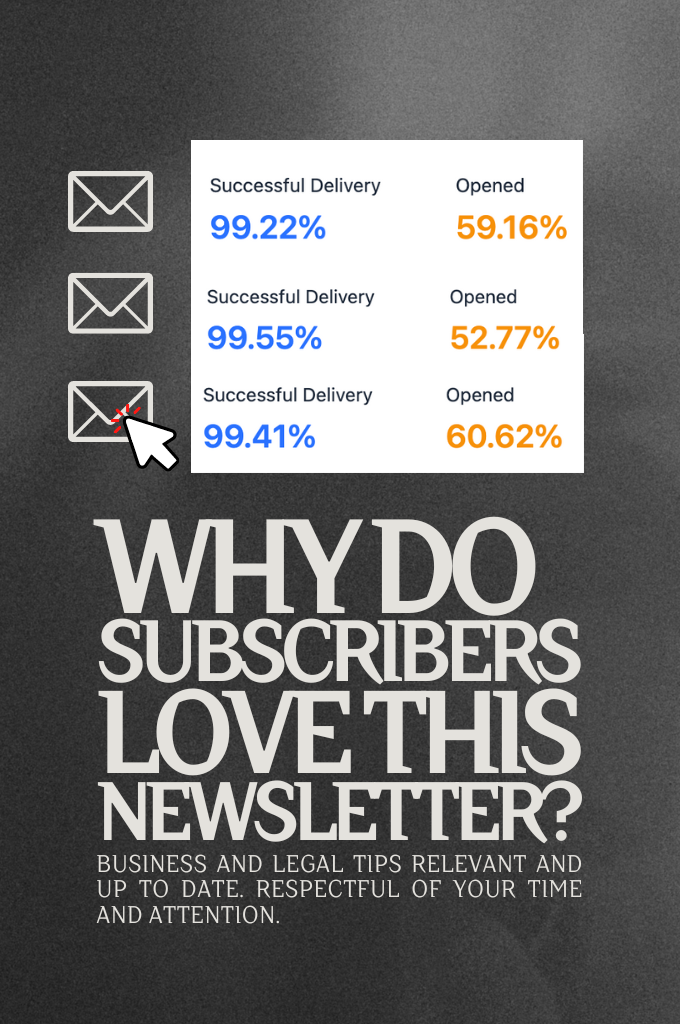It’s OK to be Expensive, Just Don’t Be Overpriced
I made an unusual social media post this week with a scary-looking mathematical formula for calculating “EOQ.” When I was in business school, EOQ was the method taught to optimize inventory. It’s been replaced with the latest and greatest method, JIT, which is sometimes called “lean.” If you care about inventory management, you should think about these two options, but you’ll likely try to use JIT as much as possible.
Sometimes the old way of doing things, such as tried-and-true EOQ, get replaced with newer systems.
But sometimes the old ways stick around, and today’s topic is a classic that will never die.
I was reading “How to Make Millions With Your Ideas,” a book by Dan S. Kennedy published in 1996–almost 30 years ago. (if you don’t think that’s a long time ago you may be old)
How do you triple your business income in a small market with a boring business? And can you do this while being the most expensive service provider in your area? Yes, you can.
Kennedy shows a case study of De-Mar Plumbing Company as they tripled their revenue while maintaining profitability.
That’s important—you can triple your revenue by:
- Lowering your prices, which gets you more business, but you destroy your profit
- Maintaining your prices and increasing overhead, i.e. throw more resources at growth, but this also destroys your profit
- Raising prices to match overhead, which maintains your profit, but will customers tolerate it?
The answer is, customers will pay higher prices if, and only if, they get something valuable in return.
De-Mar Plumbing’s owner, Larry Harmon said, “Price objections are value problems. To win with premium prices, we must clobber competitors with service.”
The case study details some of the improvements the owner made, such as guaranteed same-day service, 24-hour, 7-day service with no up-charge, a price guarantee, and better training for the field techs. This resulted in a far higher quality of service and addressed all of the major complaints shared by potential customers.
If you increase the quality of your service and increase customer satisfaction you’ll overcome price objections. This allows you to charge a higher rate with no pushback. This makes you expensive, but it doesn’t make you overpriced.
What is overpriced?
When you charge more than others for the same service, you’re overpriced.
When you charge more than others for a superior service, you’re not overpriced.
You’ve heard me say it again and again: please don’t compete on price. Be better, not cheaper.
Have you ever found yourself paying more for a product or service because you believed that it was higher quality? If so, what was the experience like? Did you feel like you were getting your money’s worth? Why or why not? Share your thoughts.







